Outside aid arriving to “fix” a community’s problems can often do more harm in the long run. Lasting change doesn’t come from handouts. It comes when barriers are removed and communities are empowered to build resilience and create their own solutions.
At Plant With Purpose, our model is not designed to just offer help. It exists to equip rural families with knowledge, solidarity, and the tools they need to develop their own innovations. Through Purpose Groups, our unique blend of community savings groups, environmental training, and spiritual renewal, local communities are rewriting the story of poverty and despair into one of resilience and hope.
The power of this approach is clear: when people see themselves not as recipients of aid, but as solution innovators, and as stewards of their land, transformation begins.
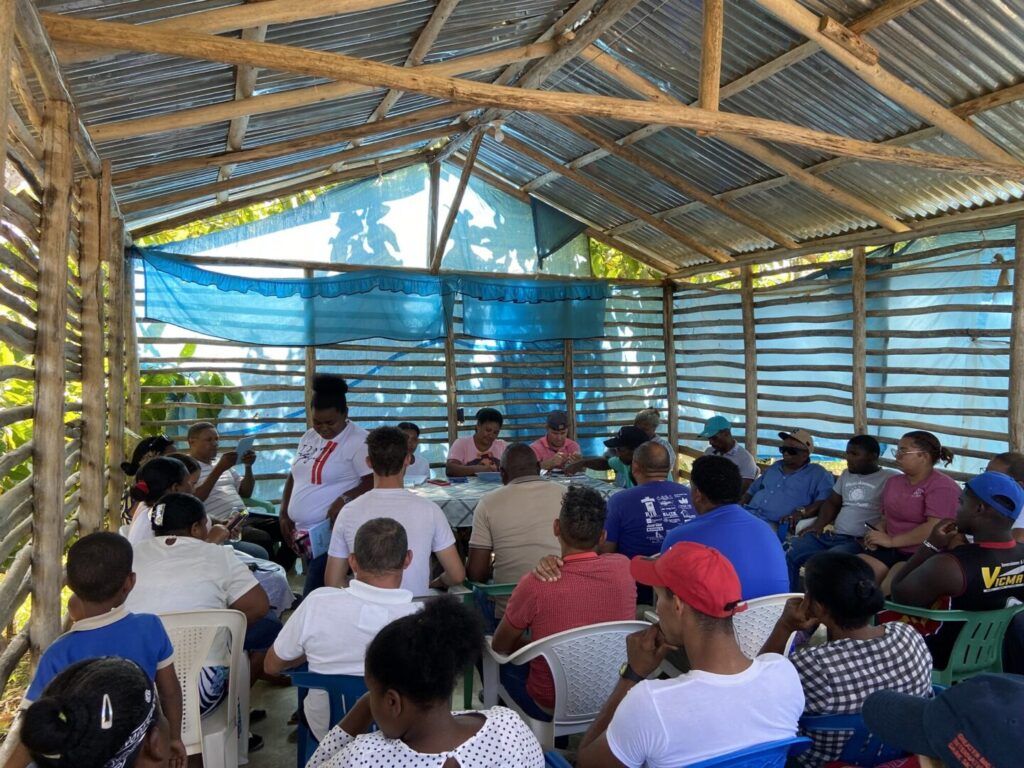
Poverty and environmental degradation are deeply connected. When the soil is exhausted, families struggle to grow food. When forests are cleared, watersheds dry up and crop yields shrink. This pressure often forces parents to migrate to cities, children to leave school, or farmers to cut down the last remaining trees just to survive.
But what if these same communities were equipped to reverse this cycle? What if knowledge, solidarity, and faith gave them the confidence to innovate right where they are? To build resilience? That’s exactly what Plant With Purpose does.
Through Purpose Groups, families learn sustainable agriculture, plant trees, and save money together. They also grow in their faith and discover new ways to serve their neighbors. Over time, communities don’t just survive.
They become agents of transformation.
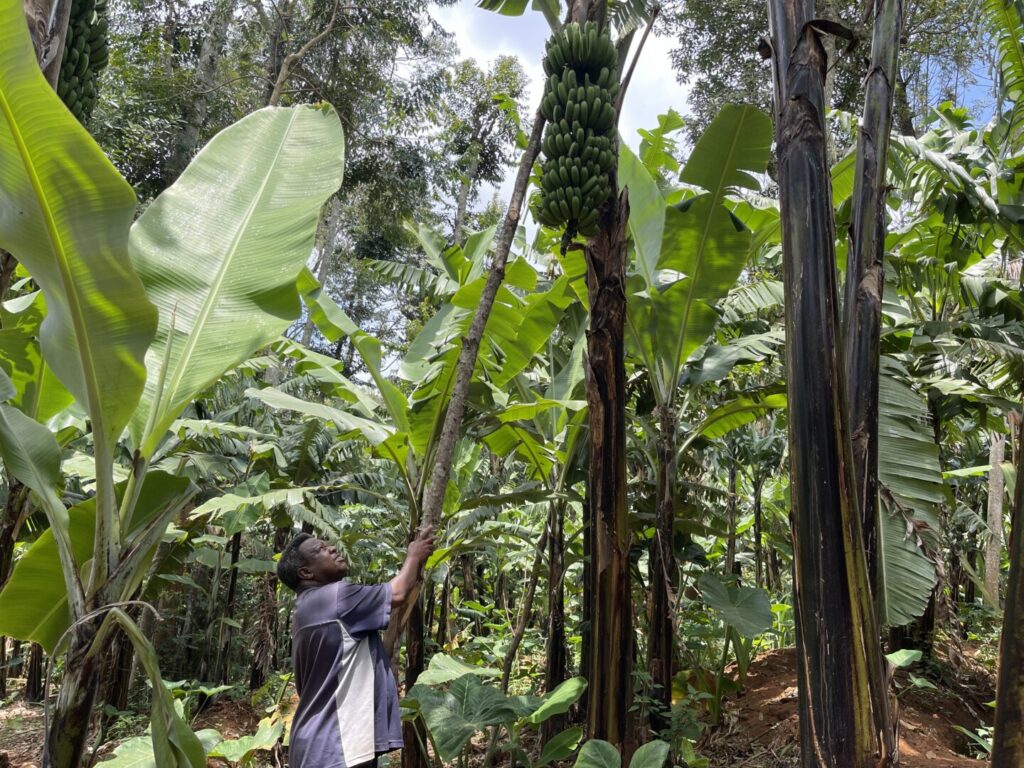
Tanzania: Darweshi’s Decision to Stay
In northern Tanzania, we met Darweshi, his wife Sarah, and their 1-year-old daughter. Not long ago, Darweshi was considering leaving his rural village behind. With little opportunity to provide for his family, the city seemed like the only option.
But then he heard about the local Purpose Group. Curious, he decided to stay and see what might happen if he joined. At the time, he had nothing but a bare piece of land; no house, no trees, no animals.
With training from Plant With Purpose, Darweshi learned how to care for livestock sustainably. He was selected to receive a goat, built a shed that protected both the animal and the environment, and even learned to make medicine to prevent goat pneumonia. The goat gave birth, and he passed on a kid to another family, just as he had committed to the group.
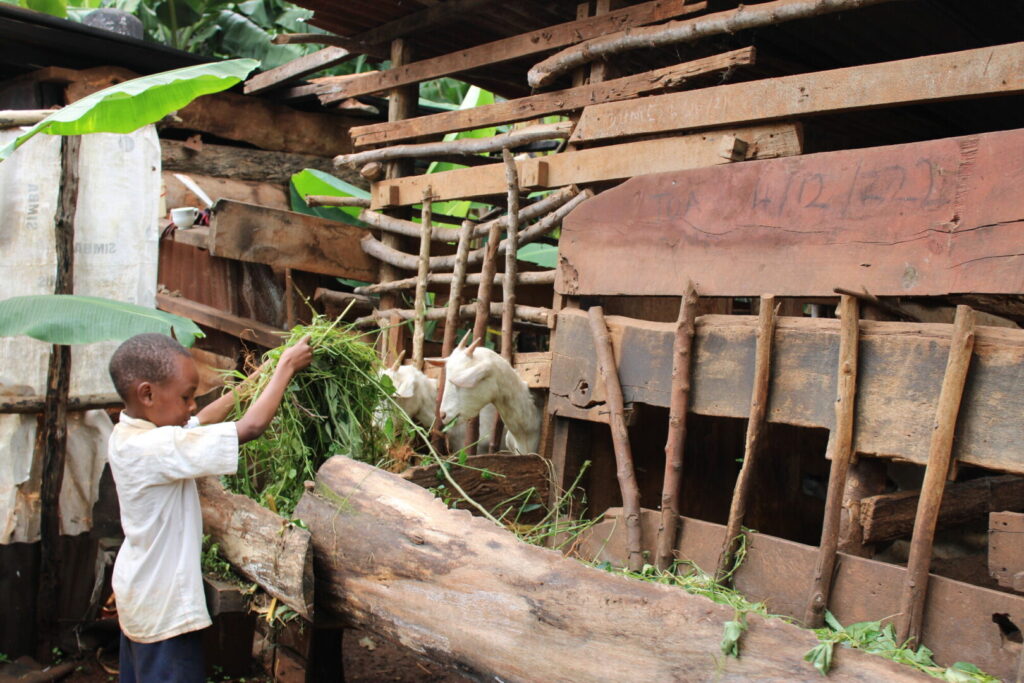
Soon, he had several goats. Now, his family no longer spends money on milk, and his daughter is nourished with goat’s milk every day. He uses the manure to enrich his soil, which has turned his once-barren land into a thriving garden full of fruit trees and vegetables. Shade from the trees has made the area cooler, and the garden has increased both his family’s nutrition and income.
With their savings and income, Darweshi and Sarah even built a sturdy home. This is what it looks like to build resilience.
His choice to stay has transformed both his land, and his family’s future. And it all began with a local innovation. He used goats, gardens, and trees to regenerate what was once an empty plot.
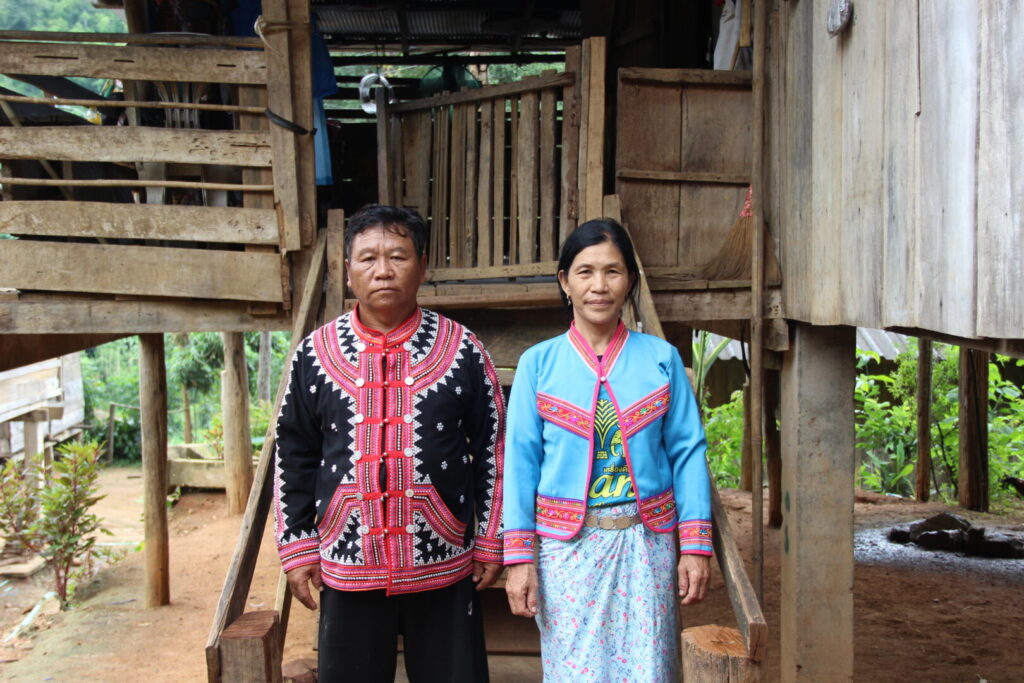
Thailand: Communities Redefining Conservation
In northern Thailand, resilience looks a little different. For decades, rural communities and national forest authorities struggled over land rights. Many indigenous families were seen as a threat to the forest rather than as partners in protecting it.
But today, thanks to more than 20 years of stewardship with our local team, communities have become leaders in conservation.
Local leaders can now read and interpret government boundary maps, allowing them to confidently negotiate with park authorities. Instead of being silenced or displaced, they are engaging in dialogue about where community lands and park lands meet. Disputed areas are identified, maps are shared, and intentional discussions are taking place.
Some communities have even gone a step further, registering carbon credits based on their forest management plans. This means they can benefit economically while also preserving biodiversity.
This shift didn’t happen overnight. It came from years of training, community organizing, and knowledge-sharing. Local innovation has turned communities once seen as “forest encroachers” into recognized stewards of creation.
Far from being a threat, they are now the forest’s strongest allies as they build resilience.
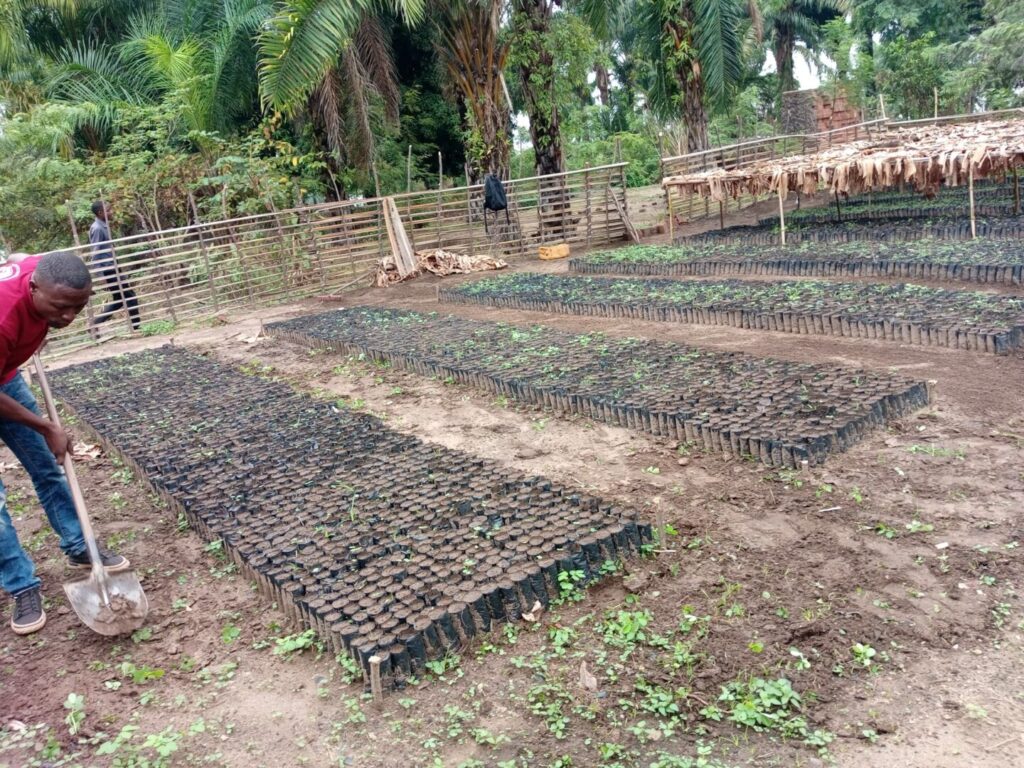
DR Congo: Mwangaza’s Brick-by-Brick Journey
In the Democratic Republic of Congo, Mwangaza, a 38-year-old mother of five, knows what it means to build a better life. Just a few years ago, her family lived in a straw hut, barely scraping by.
Then she joined the Purpose Group in her village. There, she learned how to save money and build resilience, something she never thought possible. She also received training in sustainable agriculture and environmental restoration. Planting trees not only improved her land but also gave her a future investment.
When those trees matured, Mwangaza harvested some and sold them. With the income, she bought bricks and hired local masons to start building a new home.
Each step has been deliberate: learning, planting, saving, reinvesting. Her house is still under construction, but with each savings cycle, she gets closer to finishing it with doors, windows, and a roof that will no longer leak.
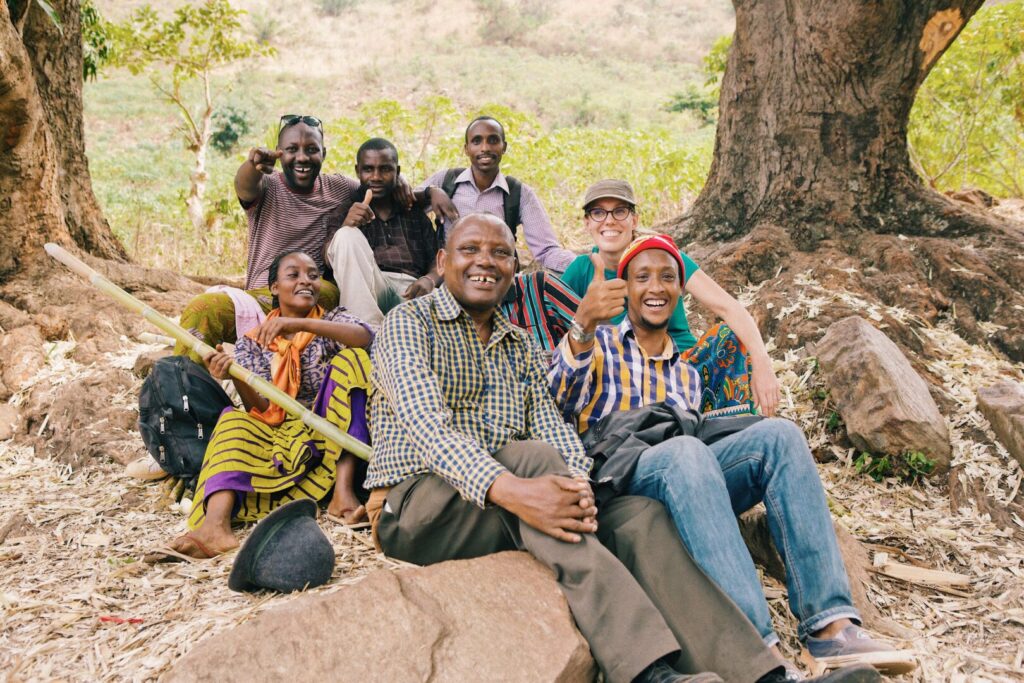
For Mwangaza, the home is more than shelter. It is a symbol of resilience and the ripple effect of Purpose Groups. “If you observe the lives of all the women who are members,” she says, “you will find that their lives have totally changed in a positive way.”
Her story shows that transformation doesn’t come in one big leap, but in small, steady steps of faith and innovation.
Local Innovations Matter
These stories, of goats in Tanzania, forest negotiations in Thailand, and brick homes in DR Congo, may seem different, but they reveal the same truth: we can build resilience when local people are equipped to innovate.
Plant With Purpose’s role is not to dictate solutions, but to create the conditions for creativity to flourish. By offering knowledge, solidarity, and faith-based encouragement, Purpose Groups unleash the resourcefulness that already exists in rural communities.
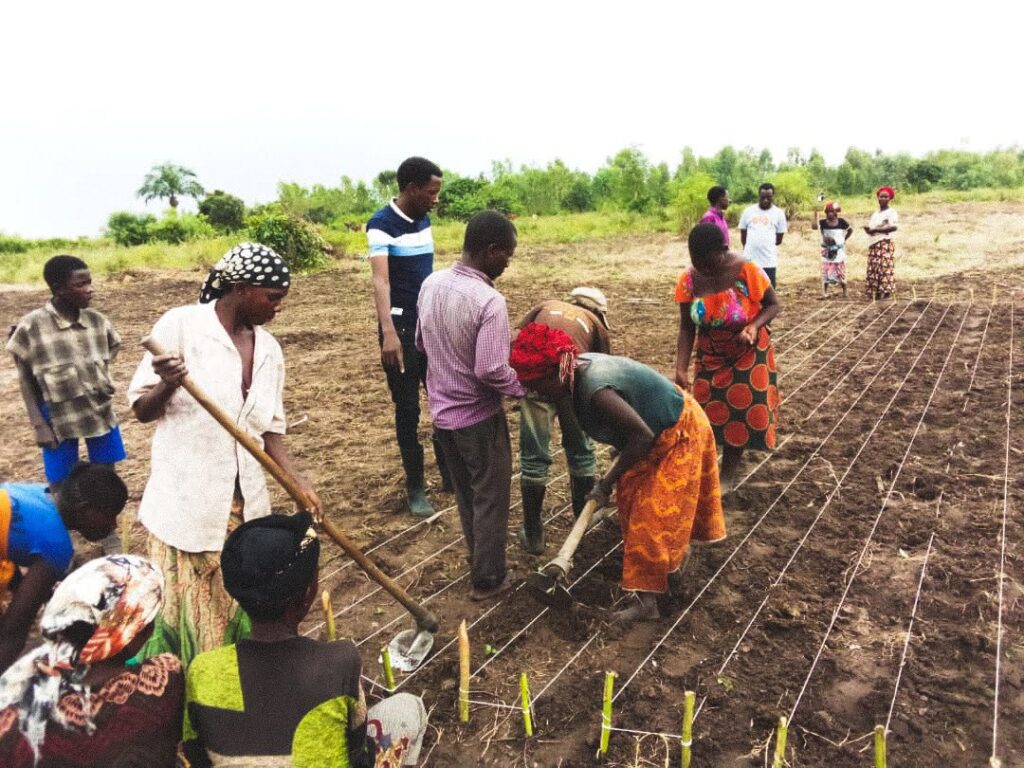
This matters because the challenges of rural poverty and climate change are too complex for one-size-fits-all solutions. What works in Thailand’s forests won’t work in Tanzania’s farmlands. But when local people take the lead, the solutions are both relevant and sustainable.
Traditional aid models often rely on temporary solutions, such as food shipments, building projects, or cash assistance. While these may help in the short term, they don’t address the root causes of poverty and environmental degradation.
Plant With Purpose takes a different path. By integrating environmental restoration, economic empowerment, and spiritual renewal, communities break free from the cycle of poverty and despair.
Environmental restoration means more trees planted, healthier soil, and resilient watersheds.
Economic empowerment means families can save, invest, and plan for the future.
Spiritual renewal means communities rediscover their God-given dignity and purpose.
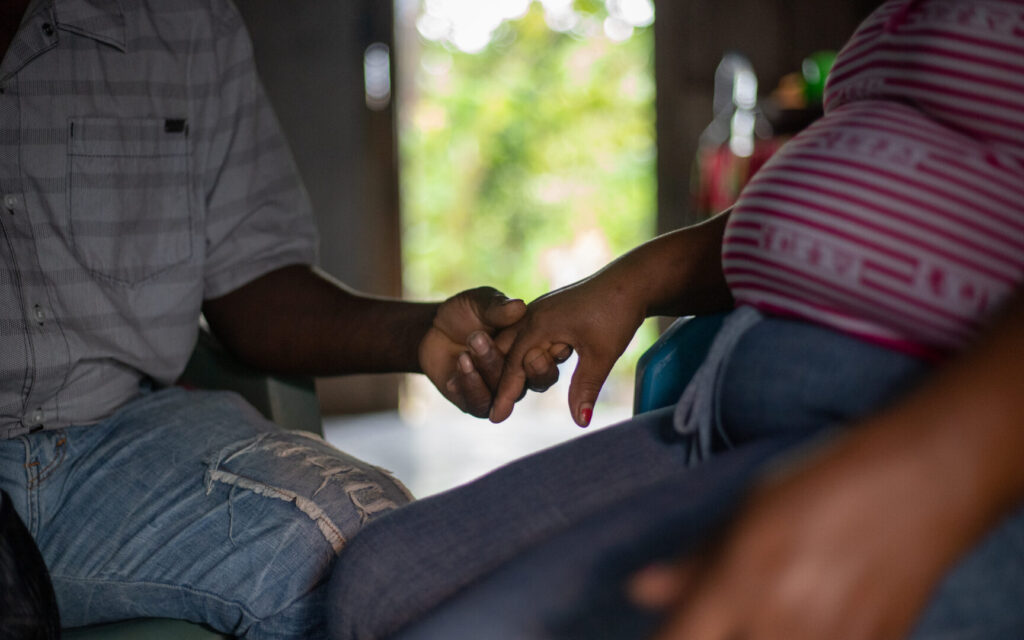
Together, these form the foundation for resilience.
Across nine countries, over 100,000 farmers are part of Purpose Groups. Collectively, they have planted more than 80 million trees, restored countless watersheds, and cut their levels of poverty in half.
But the real impact is seen in the lives of families like Darweshi’s, Mwangaza’s, and the communities of northern Thailand. Their resilience proves that the opposite of poverty is not wealth. It is justice, dignity, and the ability to shape one’s own future.
When local innovations are given space to grow, resilience spreads. A child drinks goat milk instead of going hungry. A family sleeps under a roof they built themselves. A community negotiates as equal partners in protecting a forest.
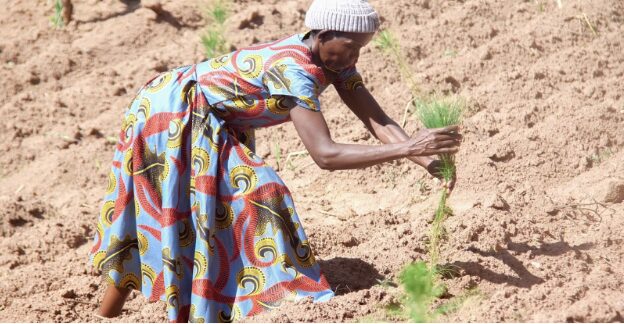
This is what transformation looks like.
Every Purpose Group begins with small acts of solidarity: planting a tree, saving a few coins, sharing knowledge with a neighbor. But these small acts ripple outward into long-term restoration.
When you become a Purpose Partner, you’re not just donating. You’re investing in local innovators who are reversing deforestation, ending poverty, and strengthening their communities of faith.
Together, we can build resilience from the ground up.
















